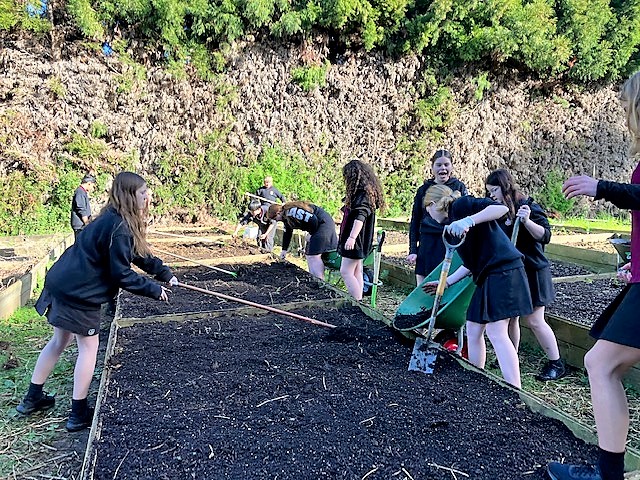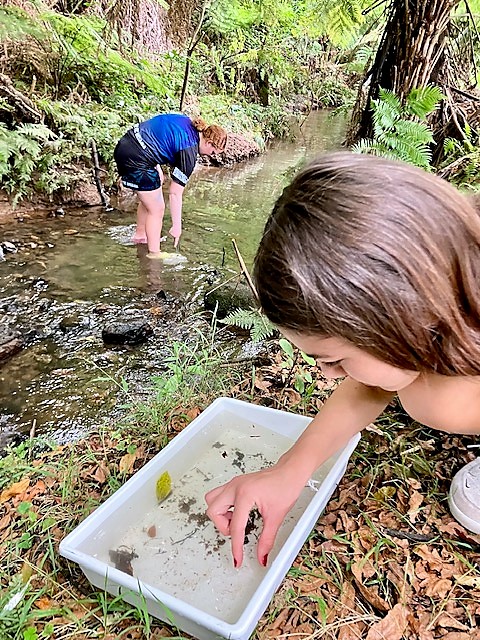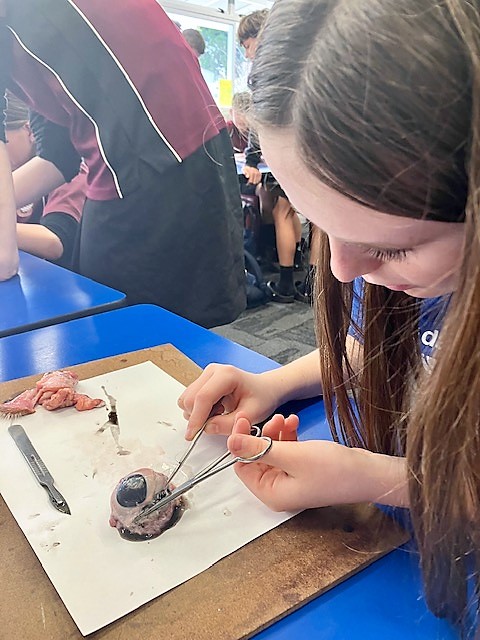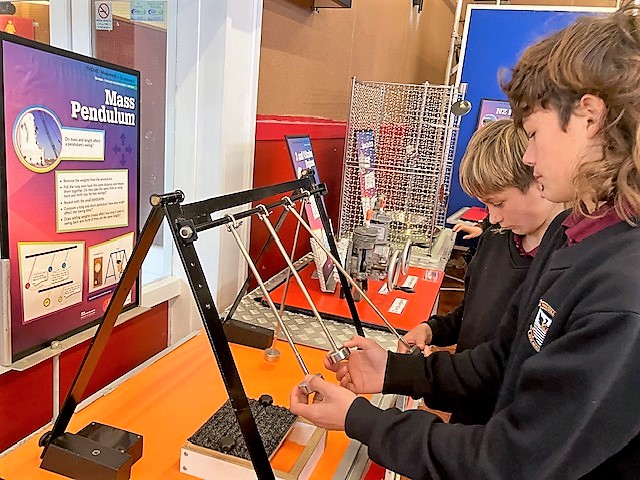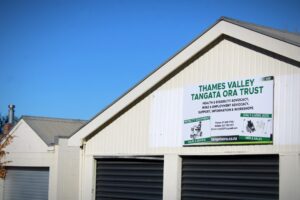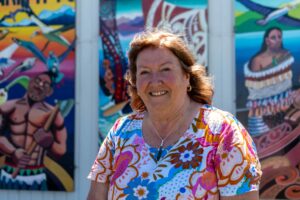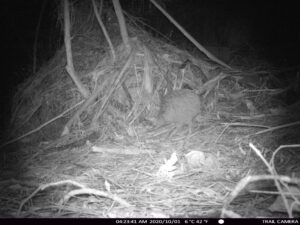In Wāihi College’s science department, lessons are receiving a makeover.
The junior science programme is aiming to connect the subject with real-world careers, by partnering with organisations and employers to bring the learning out of the classroom and into the workforce.
“One of my goals has been trying to raise the profile of science in the community,” head of department Nicole Clare said.
“In a nutshell, connecting science in the classroom to science and science careers in the local community.”

Nicole Clare is an alumni of the Royal Society Te Āparangi science teaching leadership programme. In 2021 she spent time working alongside scientists at Paeroa’s AgriSea seaweed company, seeing how science was being applied in a work environment.
Back at school, she has led the department in turning the curriculum towards a more ‘real world’ approach, by connecting with organisations across a number of industries to give the students some hands-on experience. This has been facilitated by the Smart Waikato charitable trust, whose secondary school employer partnership programme has helped Nicole foster relationships between the local employers and the school.
Some of the student-employer lessons have included activities such as planting riparian areas with Waihi Native Plants nursery to explore horticulture, visiting Oceana Gold to learn about geology and environmental science, and using guides from the Waikato Regional Council to establish the quality of the school stream.
The college is always interested in speaking with other local employers who utilise science skills in their workplace, Nicole said, and she was keen to find more opportunities for her students to discover how their learning could be relevant to later careers.
“If there are any employers in science-based careers that would like to be part of the employer partner program, they can get in touch with me,” she said.
By ALICE PARMINTER, Public Interest Journalism funded by NZ on Air
